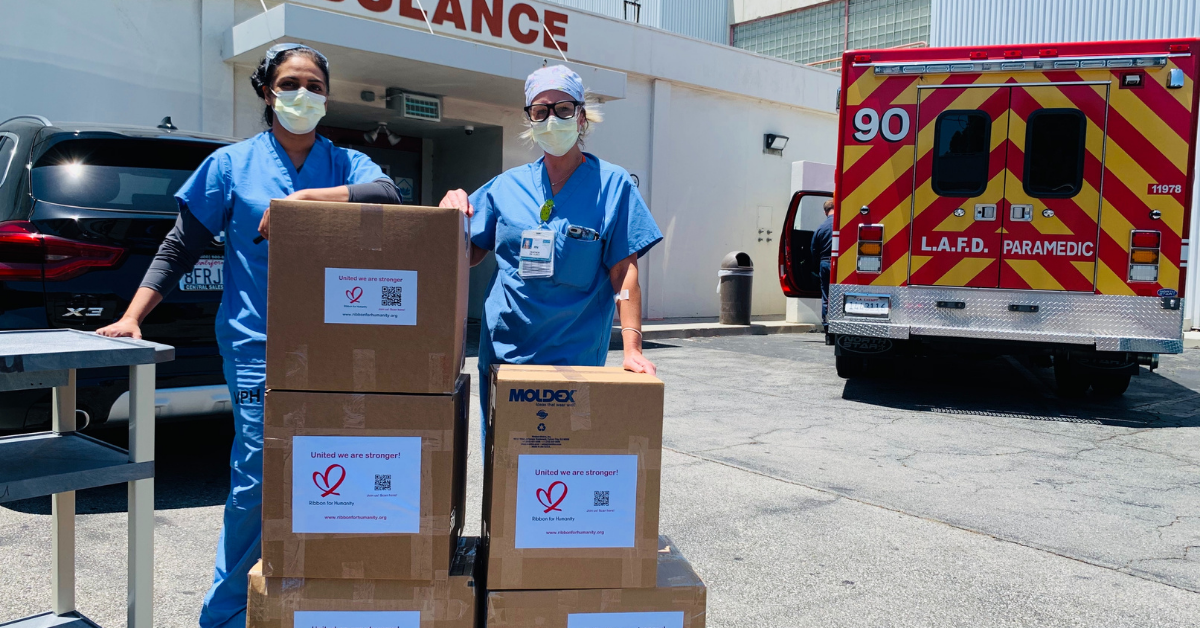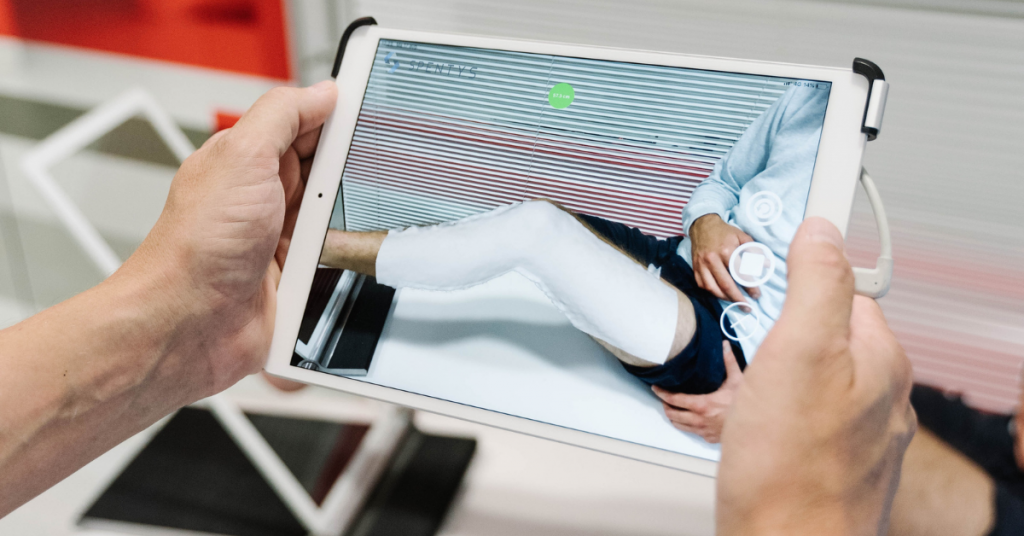Working in the medical industry during national disasters, pandemics, or any crisis involves overcoming significant challenges. This time last year, I was a medical solutions consultant going into hospitals, clinics, doctors’ offices, and labs, assessing their medical solution needs and ascertaining how to help them with their medical device, med surge, medical equipment, lab, and pharma needs. I distinctly remember how things began to change last year with the spread of COVID-19. Large national medical sales meetings and conferences were getting postponed or cancelled, face-to-face office visits came to an abrupt halt, and our focus was redirected to helping every customer take care of their patients by sourcing critical supplies and equipment to make it through an unprecedented pandemic.

Having lived through that trying time, we can look back and assess what we could do differently in the future if we are ever presented with these types of obstacles again. Some problems that particularly stand out in my mind were:
- Lack of clear visibility to real-time inventory levels. Orders were coming in from hospitals, clinics, and medical practices. Everyone needed something and most needed the same things, yesterday! We found ourselves having to prioritize what orders we could fill with limited inventory and government implemented quantity constraints. Orders were canceled if they were over the mandated order quantities, and we had to work with our internal teams to replace these orders under the correct quantity limit. Every morning we had to check inventory availability. We also had to turn away new business that we had been trying for so long to secure. Because of inventory limitations, we had to prioritize our current customers’ orders.
- Companies were quickly having to move transition thousands of employees to work-from-home. Call centers and customer service departments had to adapt to remote working without all the needed tools, creating an information lag for Field Sales Consultants like me. We had to leverage our ecommerce tools more than ever before to respond to our customers.
- Managing the urgent need for FDA-approved PPE supplies (Personal Protective Equipment) so medical workers could do their jobs. Supply, equipment, medicine shortages were causing a panic. Our customers were desperately trying to secure the masks, gowns, and other required PPE just to be able to do their jobs. The pandemic and its potential effects were still unknown. Everyone, customers and Field Consultants alike, were focused on preparations to keep medical providers safe through the crisis.
- One day, I was able to go into doctors’ offices with my Medical Device Solutions Reps for routine visits, needs assessments, and product demos. The next day, I was unable to go into my client’s offices as easily, or at all. I could not show them products or provide demos in person. Surgery centers were cancelling elective procedures, clinics were setting up drive-through testing, changing their purchasing priorities, and it was hard to anticipate and respond to this changing environment from a distance.
Doctors, nurses, technicians, hospitals, and clinics, our heroes during this unprecedented time, relied on the ability of medical device companies to leverage technology to help solve these monumental logistical challenges.

The medical device business is crucial to helping medical providers save lives by providing necessary medical solutions. It became very apparent during the COVID crisis that a robust ecommerce system with supporting analytics can provide long-term benefits to the manufacturers, distributors, and buyers of medical devices. We all have felt the pain of needing to keep and expand market share without losing sight of the goal of helping as many people as possible. Technology became the driving force of how to survive during these challenging times. Being able to understand and identify customer needs, objectives, specific desirable metrics, and current/future projects while leveraging case studies has made it easier to for customers to research, buy, and get service they desire. High quality ecommerce solutions allow customers and salespeople to easily find products, technical specs, competitive alternatives without having to battle the inefficiencies of an ill-equipped site.
Robust ecommerce systems with supporting analytics can help identify what customers want, where customers are coming from, and where they are going to. This allows companies to understand their customer’s journey and revise their site and product catalog to better anticipate and meet the customer’s needs. We know that in the future, the medical industry will continue to evolve rapidly to meet the changing market. Getting ahead of that curve by upgrading your ecommerce platform can enable you to ride that wave and thrive no matter what curveballs nature throws at us. In reevaluating the many COVID-19 challenges we faced, it has become apparent that many could have been alleviated with better ecommerce!




